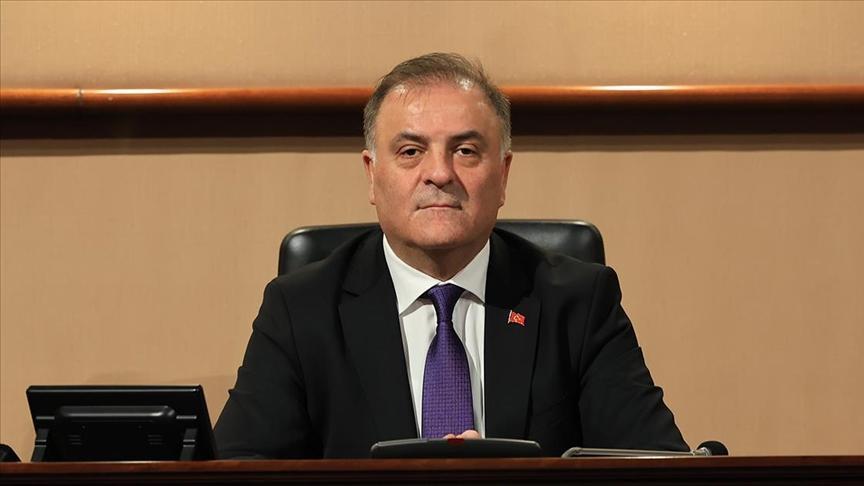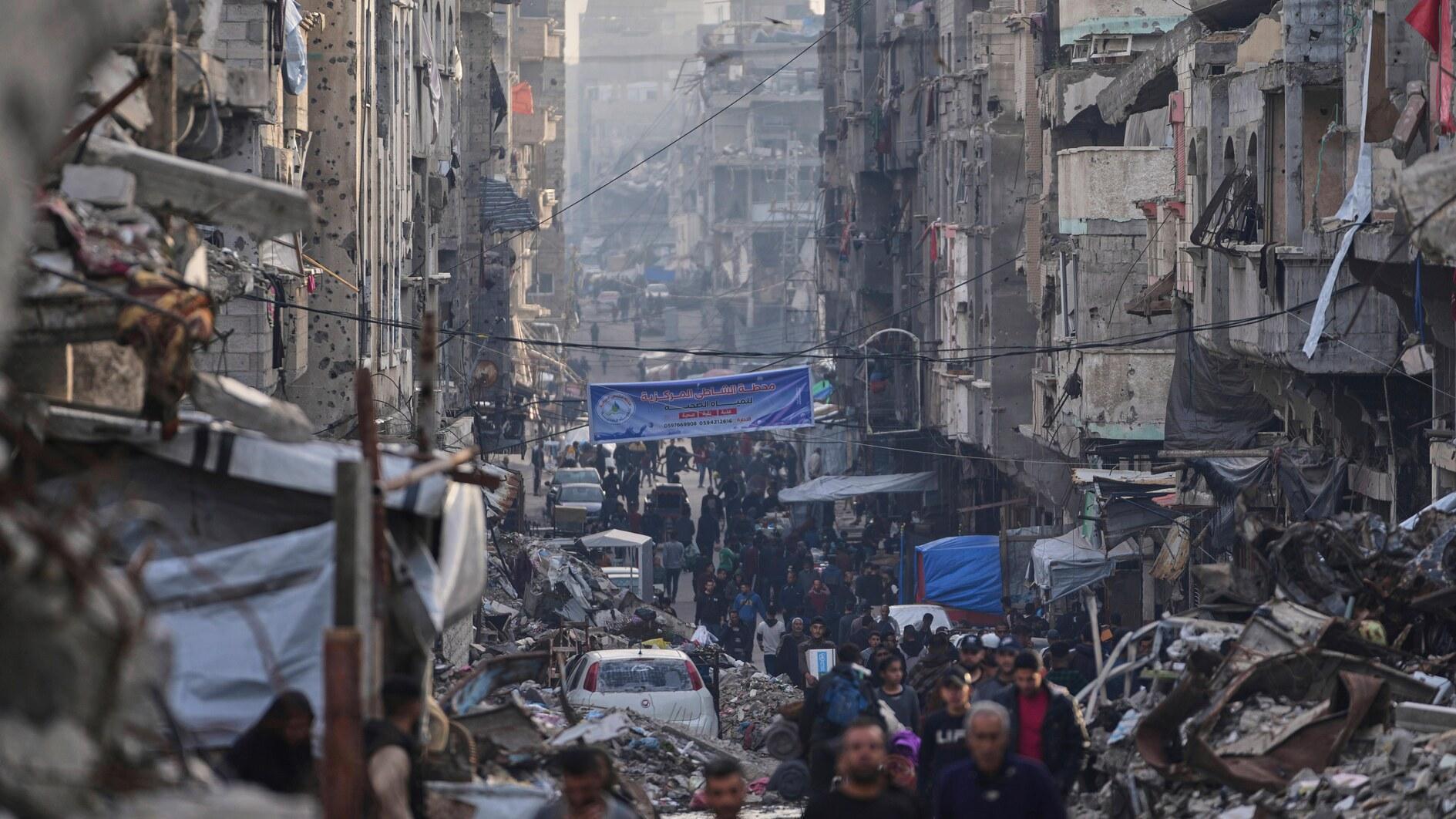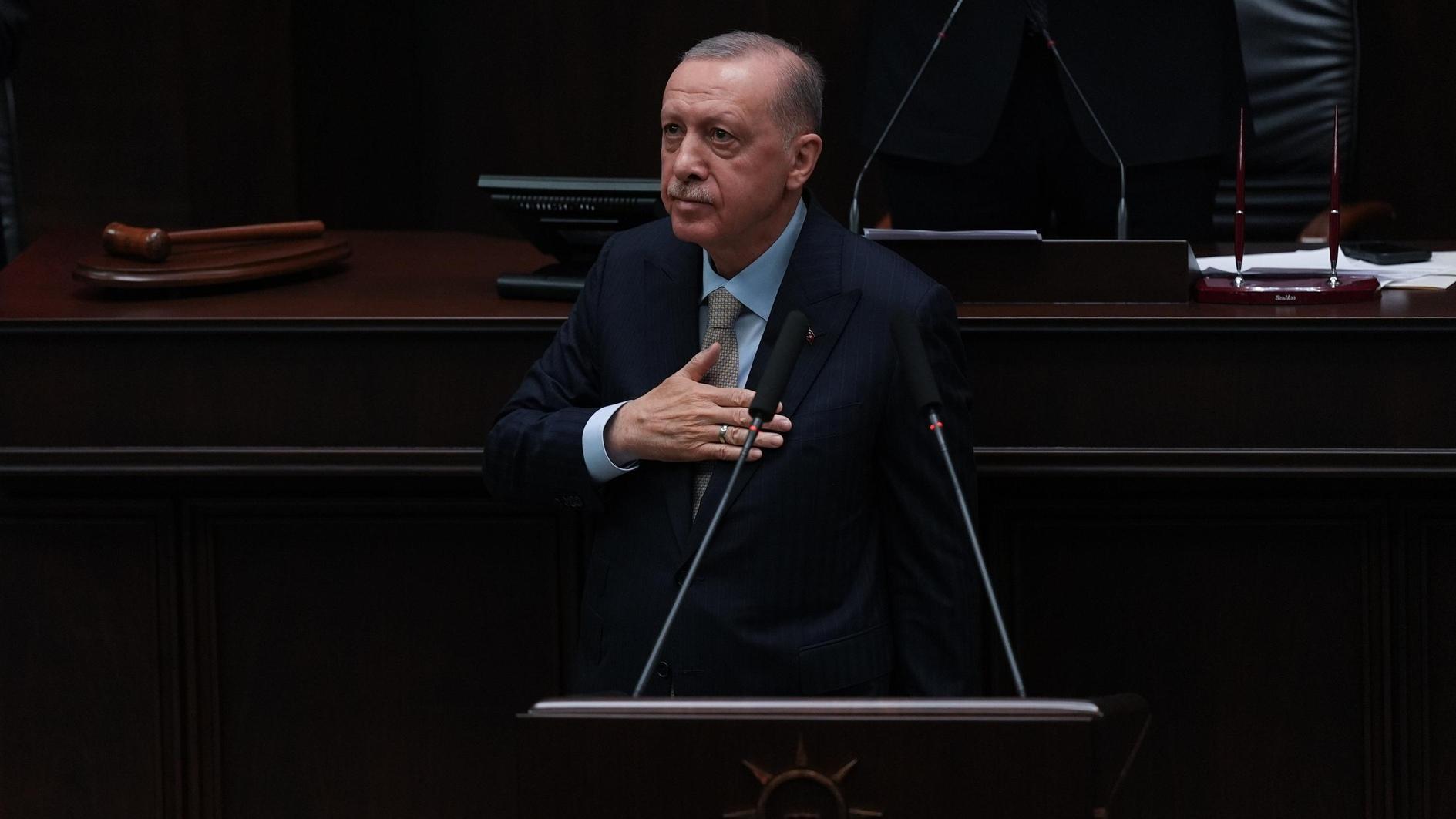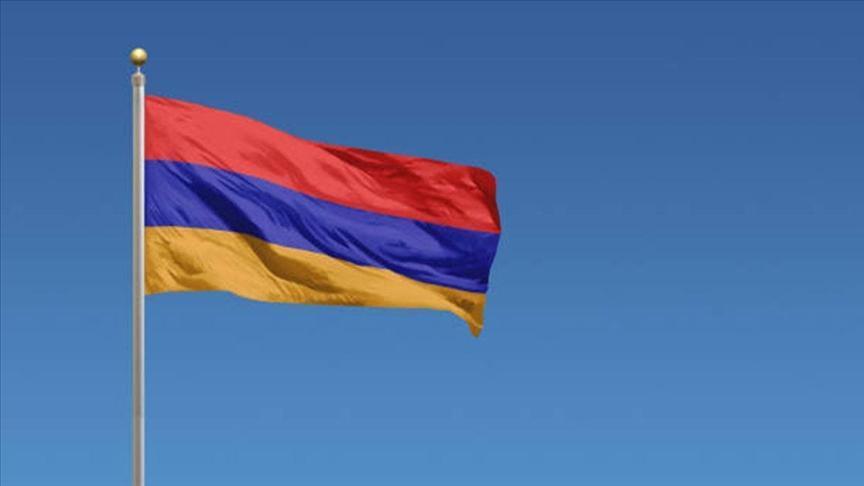Why is the Turkish Lira rallying?
“Normally, the Turkish Lira depreciates after even the slightest negative developments, even a flu epidemic. So how come it gained against foreign currencies last week following the country’s deadliest terror attack on Oct. 10?”
I got this question, as well as several similar others, from readers, and as your friendly neighborhood economist, I feel obliged to respond. First, it is important to note that the lira did not actually appreciate against all foreign currencies. It certainly did against the dollar, but its gains were modest: After weakening 0.6 percent on Oct. 12, it strengthened 1.1 percent for the rest of the week.
Most other emerging market (EM) currencies gained against the dollar last week on negative U.S. data, such as disappointing retails sales, which implied that the Federal Reserve would not start raising interest rates until 2016. Signals from two Fed board members that they were opposing a rate hike fueled these hopes. The lack of recent bad news from China, which is having an increasing impact on the global economy, boosted EM assets as well.
Özlem Derici, chief economist at Deniz Invest, and more importantly a devoted fan of my beloved Beşiktaş, notes that Turkish assets did not outperform EM peers last week, underlining that the lira and Borsa Istanbul’s gains were “average.” Turkish assets usually are the best and worst performers in good and bad times respectively, so she sees this as investors still reflecting Turkish risks.
Political perceptions may be helping Turkish assets as well. Özgür Altuğ, chief economist at BGC Partners and another devoted Beşiktaş fan, explains that investors believe there will be a government, single-party or coalition, “one way or another” after the elections on Nov. 1, and there won’t be a third elections.
Those hopes may have been lifted after the terror attack, which led some to erroneously believe that the bombing would, as in any “normal” country, unite the political parties, and more generally, people. However, Turkey has not been a normal country for a while, and the attack, if anything, “left the country more divided than ever” in the words of Turkish politics and market commentator Atilla Yeşilada.
“Turkey’s perma-bear” is betting on a coalition nonetheless, but for different reasons: He argues that the backlash against the Justice and Development Party (AKP) as a result of the attack will force it into partnership with the main opposition Republican People’s Party (CHP), and the new government will concentrate on policies to put the economy back on track, including interest rate hikes and structural reforms. He argued on Oct. 12 that now was the time to buy lira assets.
Yeşilada has been right so far, even though “Turkey’s great positive decoupling within the emerging-market asset class” he foresees has not started. But I am not sure why he is discounting President Recep Tayyip Erdoğan so quickly. As long as he doesn’t get enough deputies to change the constitution for his long-coveted executive presidency, Erdoğan has much to gain, and little if anything to lose, from a third elections.
And when you think about it, it is not just about power for him anymore, but survival – especially with many, including Peoples’ Democratic Party (HDP) co-chair Selahattin Demirtaş, eager to handcuff, judge and imprison him at first chance. A man struggling for dear life will do anything.










